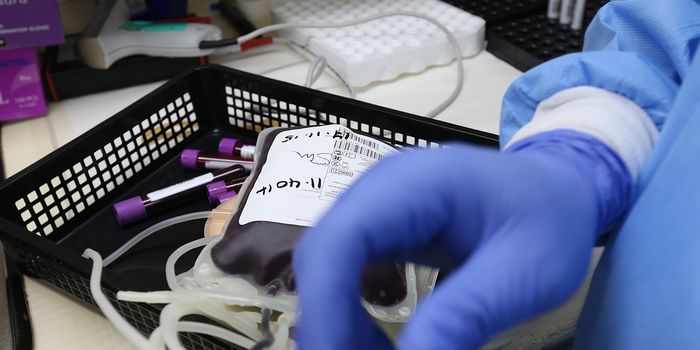Every day the cells of the human immune system have to make a decision: self or foreign? The wrong decision leads to autoimmune disease or rampant infection. Co-leader of a new study, Professor Christopher Goodnow, said that over 50 percent of the body’s B cells are capable of making mistakes, but they don’t. What’s stopping them?
By choosing “self or foreign,” immune cells are deciding whether to attack cells they perceive as foreign invaders or pass by cells they recognize as the body’s own cells. For B cells, it is a decision of whether or not to create antibodies against a cell they’ve encountered.
From the Garvan Institute of Medical Research and the John Curtin School of Medical Research, scientists conducted a study of gene expression across the entire genome in inactivated B cells in mice, looking for any sign of a regulatory mechanism that prevented B cells from mistakenly producing antibodies that attack the body’s own cells.
How does the immune system filter for B cells prone to making the wrong decision? What happens to these cells after they’ve been labeled as “rogue” or “traitor cells”? The researchers found the answer: immunoglobulin D.
Immunoglobulin D (IgD), an antibody discovered fifty years ago, perches on the surface of B cells, and until now scientists couldn’t say what its purpose was. The present study reveals its purpose: IgD prevents rogue B cells from producing autoantibodies that lead to autoimmune reactions.
As part of the study, researchers compared mice with functional IgD to those without the antibody. They discovered a core set of more than 200 genes involved with controlling rogue B cells, one-third of which are controlled by IgD.
They found that IgD completely inactivates rogue B cells but doesn’t destroy them, just in case a massive infection comes along that requires extra troops for making antibodies.
“The immune system can hedge its bets between discarding these cells and drawing upon them to fight an infection,” Goodnow said. “By placing the cells that bear autoantibodies in lockdown, IgD dials down their capacity to produce antibodies against the body's own tissues - but keeps them alive in case they are needed to fight invasion by a microbe."
Inactivated B cells accumulate in the spleen and lymph nodes with other B cells, awaiting instructions.
"Our experiments have shown that, although IgD places the B cells that can produce autoantibodies in lockdown, it still promotes the formation of germinal centres of those muted cells, which is like a military special operations camp of B cells that begin sharpening their ability to target an invader when they 'see' one,” said co-leader of the study Dr. Joanne Reed.
"If every B cell capable of producing autoantibodies was removed, rather than kept in lockdown, we would severely limit the number of foreign invaders that our immune system could recognise,” Goodnow explained. Back in the late 1980s, Goodnow was the first scientist to describe the presence of an “anergic, unresponsive population of self-reactive B cells” in mice.
The present study, published in
Nature Communications, provides unique insight into immune regulation and could lead to an explanation for how rogue B cells break free and contribute to cancers like leukemia and lymphoma.
Source:
Garvan Institute of Medical Research


















































